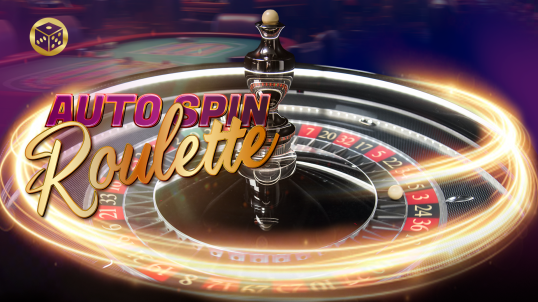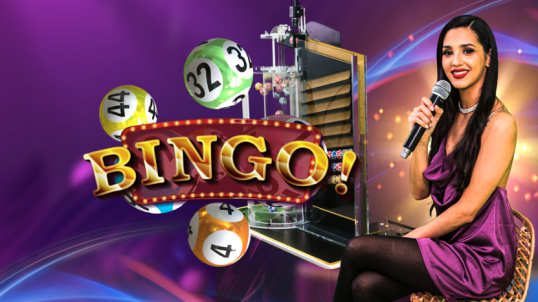Poker is perhaps the world’s most famous card game. It has become a cultural phenomenon that has spawned its own terms, lingo and, unfortunately, a number of long-standing poker myths.
For a game that has been around for so long, it’s unsurprising that poker myths are so prevalent. However, they can work to discourage players from trying the game and operators from including it as part of their product offering. We’re here to separate fact from fiction and dispel the biggest poker myths.
Poker is Based on Luck
The biggest and most widely held belief about poker is that it’s a game purely based on luck and nothing else. This simply isn’t the case. Obviously, there is an element of luck involved. You can never predict which cards will be drawn from a shuffled deck. However, to say that poker is all about luck is patently false.
Poker is a deeply strategic game that requires a great deal of thought and consideration. The best players are students of the game; they learn all they can about different tactics and strategies and can implement them to gain an advantage over their opponents.
While some players love leaving everything up to lady luck, others will be looking for a game that gives them an opportunity to develop and use their skills and abilities. As an operator, having a poker game on offer will cater to these more strategically minded players, ensuring they choose your platform over a competitor.
Poker Can Only be Played In-Person
According to some experts, the game of poker is around 1,000 years old. It’s long been a game played in casinos, clubs and private spaces, and has been enjoyed as a social event as much as a gambling game.
However, the dawn of the digital age has changed the face of the gambling industry, with poker being no exception. While things like slot machines, and even table games like roulette and blackjack, translated seamlessly to the digital world, poker players were slightly more hesitant about enjoying their favourite game online.
Poker is a social game that prioritises communication and interaction between players. For a long time, this was impossible to replicate in digital versions of the game, until now. Modern online poker games, such as live dealer casino hold’em, use innovative streaming technology to broadcast live footage of game tables to players remotely. These players can also communicate with one another, blurring the lines between the physical and digital versions of the game.
Online Poker is More Difficult
While online poker has advanced and developed to an incredible degree in a short space of time, some players still treat it with a degree of suspicion. One of the most common poker myths still believed by players today is that online poker is somehow more difficult. Worse, some players believe that online poker is actually rigged against them.
This couldn’t be further from the truth. The developers of online poker games utilise cutting-edge tech and sophisticated systems to ensure fairness for all participants. To do so, they use random number generators (RNGs) to simulate randomness and prevent players from being able to identify patterns and predict cards before they are drawn.
This is why live dealer poker games are such an excellent choice for online casino operators. They don’t need to rely on RNGs, instead showing players a live stream of physical cards as they are dealt. This means they will appeal to even the most cynical of poker players and they have the potential to make converts of the most steadfastly dedicated to the game in its traditional form.
Poker is Expensive to Play
Poker is a game often associated with the glitz and glamour of Las Vegas. It makes us think of high rollers who stake millions on a single hand. While this aspect of the game certainly exists, it by no means represents the average poker experience. Most people play with friends or strangers in relatively low-stakes games.
Despite the reality of the game, another of the most commonly believed poker myths is that playing requires vast sums of money. This can discourage players from even considering trying it out, leaving them to stick with other titles such as blackjack.
If you decide to offer poker as part of your product offering, it can be a good idea to have both high and low-stakes tables. This will assure new players that they do not need to spend big to enjoy the game but will also cater to experienced players who want to up the ante.
Conclusion
Poker myths are plentiful. While some may be harmless, others can be to the game’s detriment. Hopefully by busting the myths we’ve listed above we’ve given you a better understanding of the game and why it can make such a fantastic addition to your online casino.















